Listen to our Rehabilitation Medicine Podcast Episode
In Career Conversations, Dr Marilena Giannoudi discusses a career in Rehabilitation Medicine with Dr Oliver Isaac.
Empowering medical excellence, shaping healthcare futures.
Rehabilitation medicine is concerned with the prevention, diagnosis, treatment and rehabilitation management of mainly younger people with disabling medical conditions and is divided into the subspecialties of neurorehabilitation, amputee, cardiac, spinal injury, trauma and general rehabilitation.
Rehabilitation medicine is a wide-ranging specialty with several options of specialist interest including neurorehabilitation, spinal cord injury rehabilitation, amputee rehabilitation and community rehabilitation. The specialty continues to develop into other areas such as trauma rehabilitation. As a specialty we are not standing still and try to embrace technological advances that will assist our patient group.
A rehabilitation medicine physician is an important part of the MDT focused on assisting the patient and their family through times of adjustment. Using a holistic approach the team uses their expertise managing physical, psychological and behavioural problems associated with both acute and chronic illnesses. I was attracted by the unique privilege in rehabilitation medicine to be part of an amazing team that guides the patient through their ‘patient journey’ from first meeting in the acute hospital to their stay on a rehabilitation ward and then the transition back to the community. Rarely in current medicine do doctors have this opportunity.
Good work/life balance
Continuity of care (acute hospital > rehabilitation hospital > community)
Working in a multi-disciplinary team (MDT)
Wide-ranging specialty with options for generalists/specialists and research
Limited medical support onsite if patient becomes acutely unwell
Currently a small specialty so in many areas you work as a lone Consultant at present
Dr Alyson Nelson - ST6.
"As a specialty we are not standing still and try to embrace technological advances that will assist our patient group."
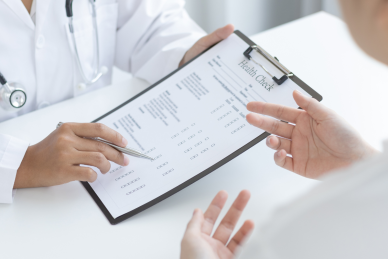
As with most areas of medicine no two days are the same and you are faced with daily challenges. The day tends to start with a planned clinical session such as a ward round/multi-disciplinary case conference/clinic. During these sessions you could deal with complex behavioural issues, treat localised spasticity with a botulinum toxin injection or coordinate and manage the many issues surrounding a challenging discharge planning meeting, such as a cognitively impaired, brain injured young man with a complex social history.
After lunchtime teaching you could be off to the acute hospital for an in-reach service. This varies depending on the rehabilitation setting (i.e. neurorehabilitation, amputee, cardiac, general rehabilitation etc.). For example in neurorehabilitation we work closely with the neurosurgeons and neurologists to bridge the transition from the acute hospital to the rehabilitation setting. We may advise on measures to avoid secondary complications such as contractures in a brain injured patient following a road traffic accident or cognitive problems in a patient following an out of hospital cardiac arrest. We also take the opportunity to speak with patients and their families about the many issues they are left to wrestle with following an acute event, building up a rapport prior to admission to the rehabilitation service and educate them where possible.
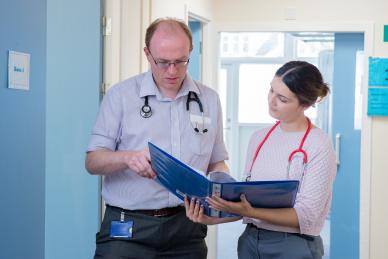
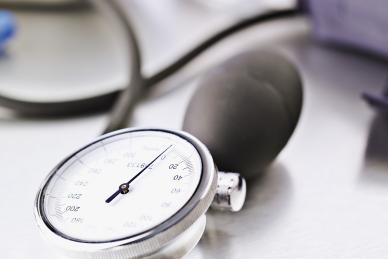
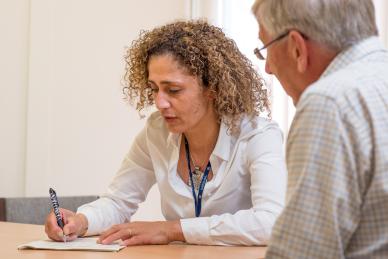
Show you work well in a team
Good communication skills are required
Be aware of current standards of care/policy documents (see British Society of Rehabilitation Medicine)
Minimum four years duration. Mandatory areas include at least 12 months in neurorehabilitation, six months in musculoskeletal medicine, three months in spinal injuries, three months in prosthetics, orthotics and special seating. The remaining 24 months provides an opportunity to address areas of interest within rehabilitation medicine.
For entry requirements, please see the JRCPTB website.
Logbook, workplace-based assessments (WPBA) according to blueprints and annual review of competence progression (ARCP) decision aids, including the case conference assessment tool (cCAT). Valid advanced life support (ALS) training.
Research is encouraged and there are opportunities available to get involved in projects. Teaching is also encouraged and we have opportunities to lecture at Queen Margaret University. There are also opportunities to attend international courses and conferences.
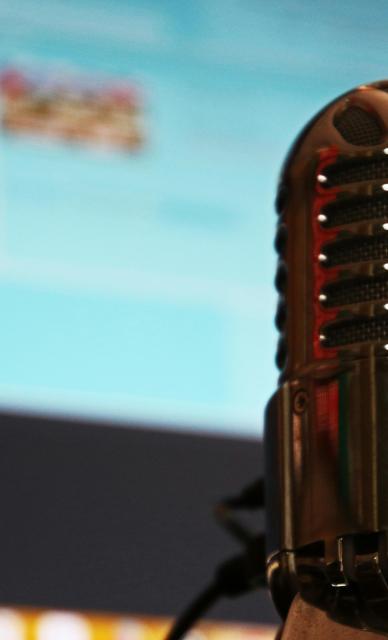
In Career Conversations, Dr Marilena Giannoudi discusses a career in Rehabilitation Medicine with Dr Oliver Isaac.